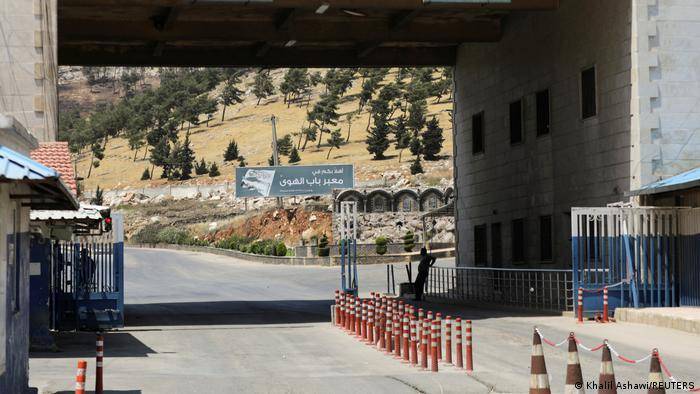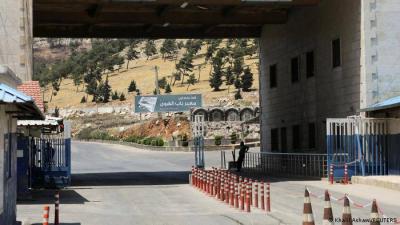The United Nations is expected to resume delivering aid to northwestern Syria, which is controlled by opposition forces, through a border crossing that has been a lifeline for the region. This development follows reports from relief workers indicating that Damascus has seemingly eased its conditions that had halted aid deliveries for several weeks. After weeks of diplomatic efforts, the letter sent by the Syrian government to the UN this week, which Reuters has reviewed, did not include any of the previously rejected conditions.
UN Secretary-General Antonio Guterres welcomed the "understanding" with Damascus regarding the use of the Bab al-Hawa crossing for six months, as stated by UN Deputy Spokesman Farhan Haq on Tuesday. Northwestern Syria is the last major stronghold of the opposition resisting President Bashar al-Assad's rule in the 12-year-long civil war, with millions relying on aid from the UN.
Non-governmental organizations and countries have often organized individual aid convoys to northwestern Syria, but UN agencies cannot cross the border without approval from the government or the UN Security Council. The UN has been using the Bab al-Hawa crossing since 2014 under a Security Council mandate, while Syria has rejected this operation, considering it a violation of its sovereignty.
Damascus' conditions included prohibiting the UN from cooperating with what it termed as "terrorist organizations" in the opposition-controlled area and limiting the entities allowed to deliver aid to the Syrian Arab Red Crescent and the International Committee of the Red Cross. In a letter dated August 5, UN humanitarian coordinator Martin Griffiths informed Syria's ambassador to the UN, Bassam Sabbagh, that the UN "might need to engage with different actors in northwestern Syria" during relief operations. The letter also noted that the Red Cross and Syrian Red Crescent do not have sufficient presence in northwestern Syria to carry out such humanitarian work.
In a follow-up letter dated August 6, Sabbagh thanked Griffiths for the "clarification regarding some basic operational procedures," expressing that Syria "looks forward to the involvement" of the Red Cross and Syrian Red Crescent "when conditions allow," without mentioning any preconditions. The Syrian government has not yet responded to inquiries about whether it has eased its preconditions or why.
"Devil is in the details"
The UN Secretary-General’s spokesperson stated late Tuesday that Syria had again confirmed in recent days its "approval" to use the crossing, and the agreement will allow the UN and its partners to provide cross-border aid "in a systematic manner that enables engagement with all parties."
The spokesperson for the UN Office for the Coordination of Humanitarian Affairs did not provide details on when aid delivery operations through Bab al-Hawa would resume. Shirin Ibrahim, head of the Turkey division at CARE International, noted that the messages "did not mention the previous conditions related to the International Committee of the Red Cross or the Syrian Arab Red Crescent or any prohibition on working with the actual authorities." However, she stated that this did not alleviate concerns at all. She added, "When we read these messages, we do not see the details, and as we know, the devil is always in the details."
A relief worker based in Damascus indicated that the Syrian letter suggested it "accepts the principles of the UN" and that aid could now be resumed through Bab al-Hawa without "new conditions." This announcement comes as Syria extended a unilateral permit to use two other border crossings from Turkey for delivering aid, which was initially granted after the February 6 earthquake.




